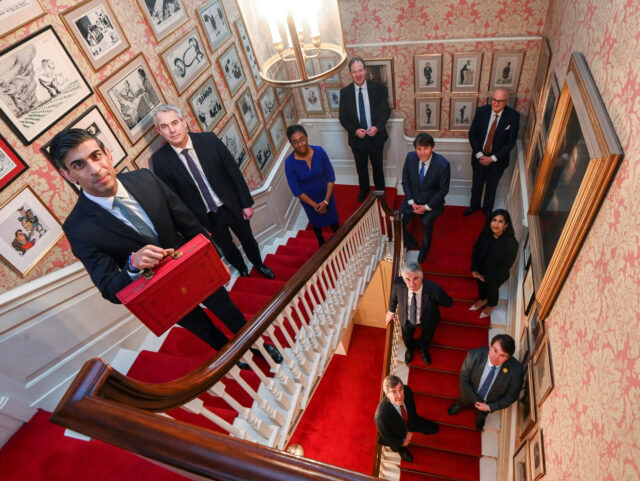LONDON (AP) – UK government ministers are meeting trade union leaders on Monday in a bid to end a wave of strikes that has hobbled the rail network and strained the overburdened health system.
Health Secretary Steve Barclay is holding talks with health care unions, while other ministers are meeting with railway unions that have staged months of strikes, and teaching unions considering classroom walkouts.
Britain is going through its biggest strike wave for decades, with airport baggage handlers, border staff, driving instructors, bus drivers and postal workers among those who have walked off their jobs to demand higher pay.
Nurses and ambulance workers are locked in a dispute with the state-funded National Health Service as they seek raises to keep pace with the soaring cost of living. Inflation in the UK hit a 41-year high of 11.1 per cent late last year, driven by sharply rising energy and food costs.
Pat Cullen, head of the Royal College of Nursing union, said she saw a “chink of optimism” in Prime Minister Rishi Sunak’s statement on Sunday that he was willing to discuss “affordable and responsible” salary demands. The Conservative government has so far insisted it will only discuss pay rates for the 2023-24 financial year that starts in April, rather than the current year.
But the government has angered unions with plans to make it harder for key workers to strike by setting “minimum safety levels” for firefighters, ambulance services and railways that must be maintained during a strike.
A breakthrough on Monday appeared unlikely and unions said the talks wouldn’t prevent a new nurses’ strike scheduled for Wednesday. Ambulance staff are due to walk out again next week, and junior doctors are voting on whether to strike later this year.
The strikes have added to strains on a health system already facing multiple pressures, including rising demand for care after pandemic restrictions were eased; a surge in flu and other winter viruses after two lockdown years; and staff shortages from pandemic burnout and a post-Brexit lack of European workers in the UK.
Thousands of hospital beds are occupied by people who are fit to be discharged but have nowhere to go because of a dearth of places for long-term care. That has led to ambulances stuck outside hospitals with patients who can’t be admitted, and in turn to people with health emergencies waiting hours for ambulances to arrive.
Follow Breitbart London on Facebook: Breitbart London

COMMENTS
Please let us know if you're having issues with commenting.